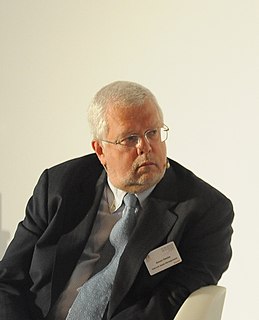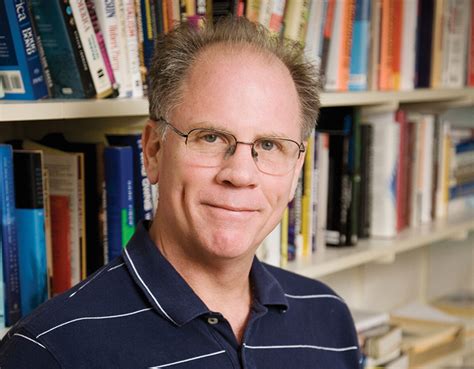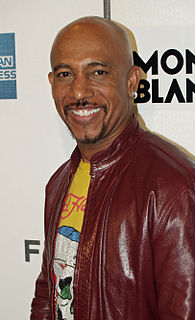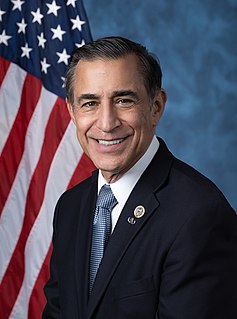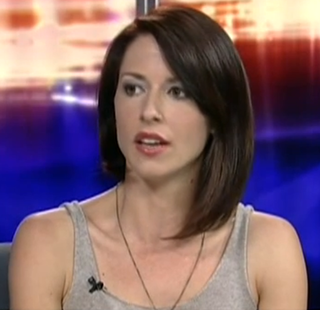A Quote by Robert G. Picard
Even non-commercial media rely on transferring cost to users through licence fees, donations from listeners, viewers, or readers, or grants from companies and foundations that have wrestled their funds from the public in some form of earlier commercial activity.
Related Quotes
In the US, commercial interests stole the airwaves early on, before public broadcasters could get a stab at it. And the deal that was made with public broadcasting was, "Okay, we'll allow there to be a handful of public stations to do the educational programming that commercial broadcasters don't want to do, but the deal is they can't do anything that can generate an audience, anything that's commercially viable." Anything they do that could be commercially viable could be considered unfair competition to commercial interests and should only be on the commercial stations.
It's no accident that Julia Child appeared on public television - or educational television, as it used to be called. On a commercial network, a program that actually inspired viewers to get off the couch and spend an hour cooking a meal would be a commercial disaster, for it would mean they were turning off the television to do something else.
By some curious mischance, a couple of my plays managed to hit an area where commercial success was feasible. But it's wrong to think I'm a commercial playwright who has somehow ceased his proper function. I have always been the same thing - which is not a commercial playwright. I'm not after the brass ring.
I got hit up for a tampon commercial and so I asked [JD and Jo] if they had anything. Jo sent that over and I was like, "I love this track. Oh my god. It's so upbeat. It's so positive. It would be so great for a tampon commercial." That commercial never came through, so then I just had it. I was like, "That would be great for a Hillary [Clinton] song." I think it's so funny that it could be a tampon commercial.

